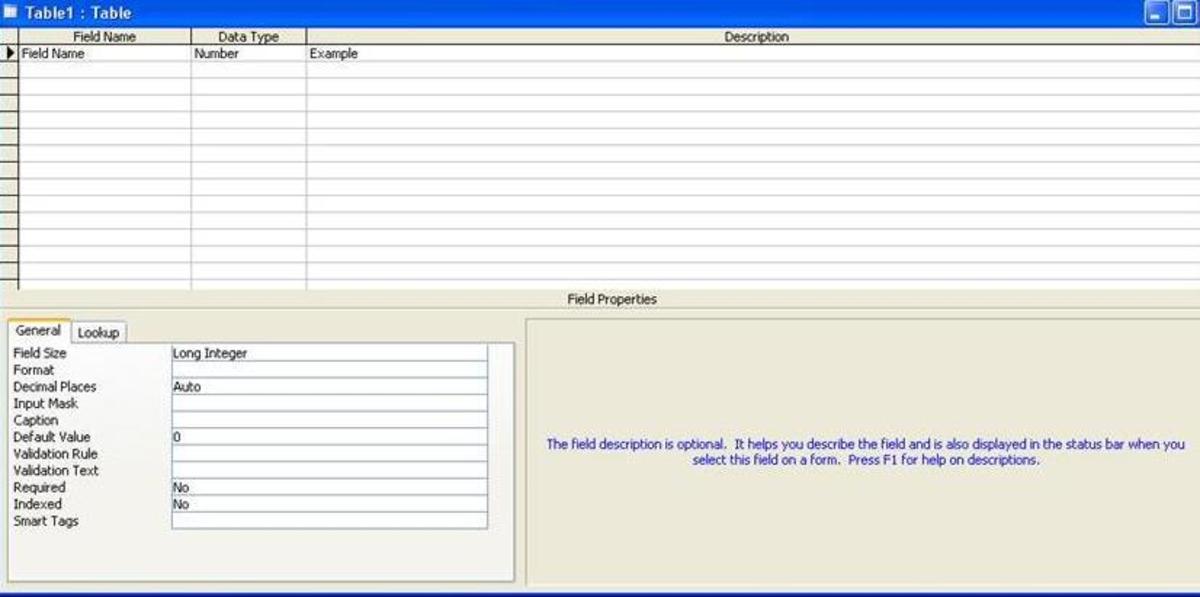How to Read Industrial Standards
Introduction
The primary sources of industrial standards for American manufacturers are the American National Standards Institute (ANSI) and the American Society for Testing and Materials International (ASTM). Industrial manufacturing can also be done in accordance with International Standards Organization (ISO).

Reading Standards
ANSI frequently accepts American Society of Mechanical Engineers (ASME) standards for industrial plating. ASME standards focus on mechanical requirements such as the necessary physical strength of plating or required corrosion resistance. ANSI ratings adopted from ASME recommendations are denoted by the header ANSI / ASME.
ASTM International standards are issued based on the type of material and its use. ASTM standards can be in American units or metric units. ASTM metallic coating standards include material specifications such as density, thickness, surface finish and particle size. ASTM standard B177 / B177M is the guide for electro-plating with chromium. ASTM standards ending with an M such as ASTM B177M are the metric version of the main ASTM standard.
Relationships Between Different Industry Standards
Many organizations that are members of ANSI or the ISO create industry specific standards unique to their field and then submit them to the higher standards group. For example, the industry group for civil engineering or avionics creates a standard that is then submitted to ANSI or ISO. In some cases, ISO or ANSI adopt these standards instead of trying to create their own.
Manufacturers build products to meet both American National Standards Institute (ANSI) and American Society for Testing and Materials International (ASTM) standards and International Standards Organization (ISO) standards. ANSI and ASTM standards for manufacturing are frequently met by products built in manufacturing facilities operating in accordance with ISO 9001 quality standards. ISO 14000 environmental standards are less frequently followed in the United States.
Which Industry Standards Take Precedence?
Industry standards that are contractually required take precedence over those that contracts give preference for but do not actually require.
If you work in purchasing, the industry standards that are actual standards take precedence over industry standards are recommended practices.








